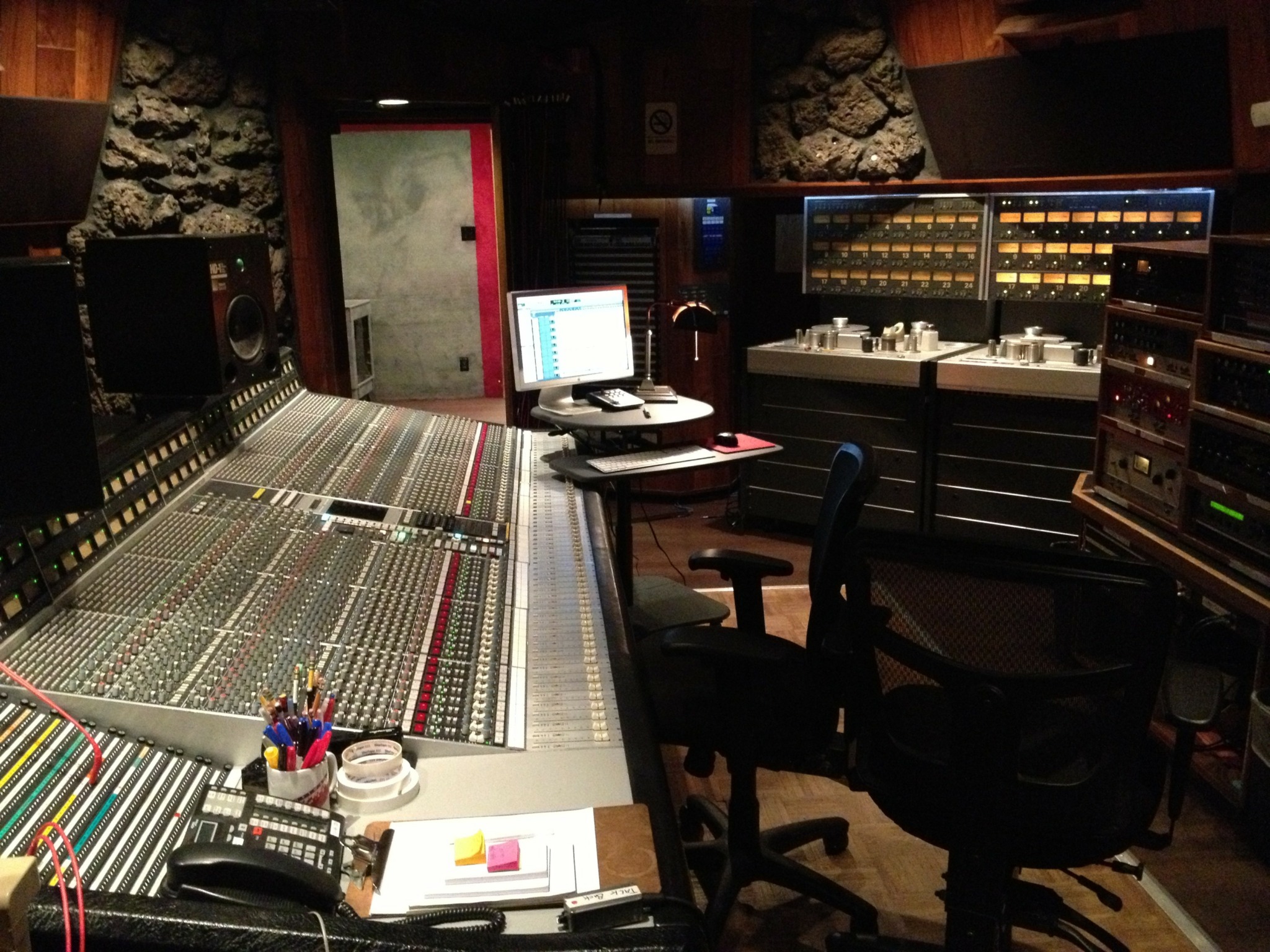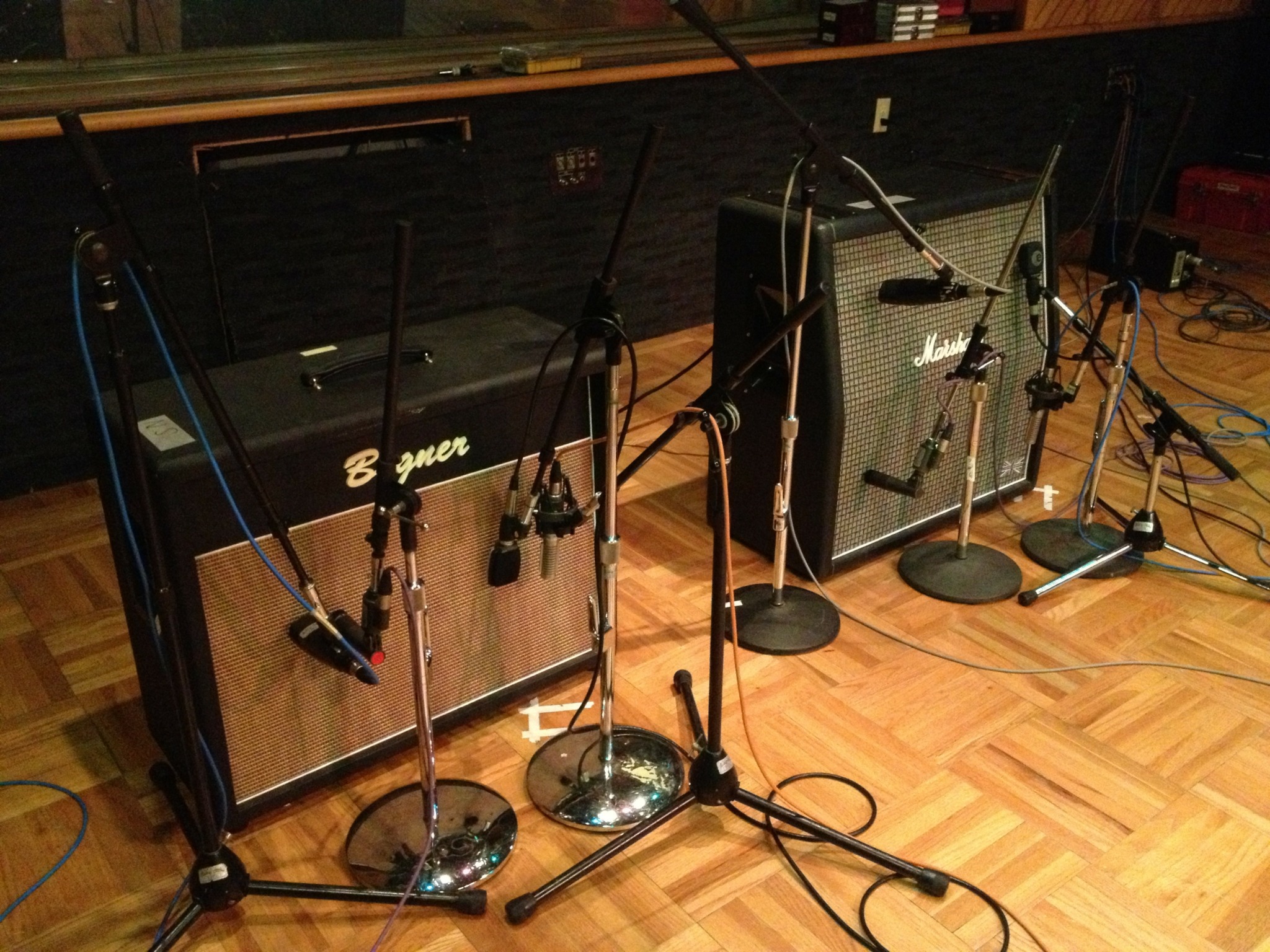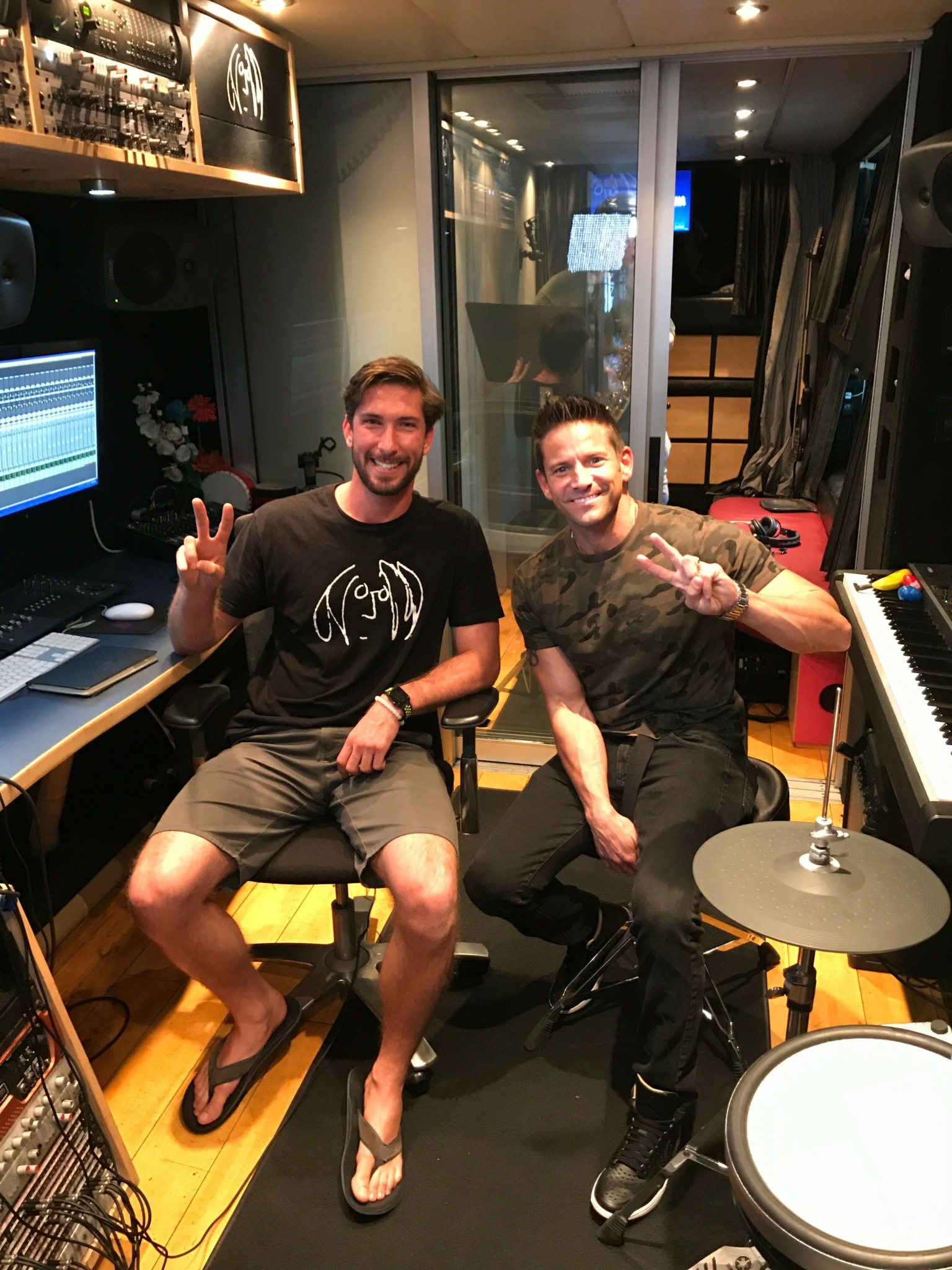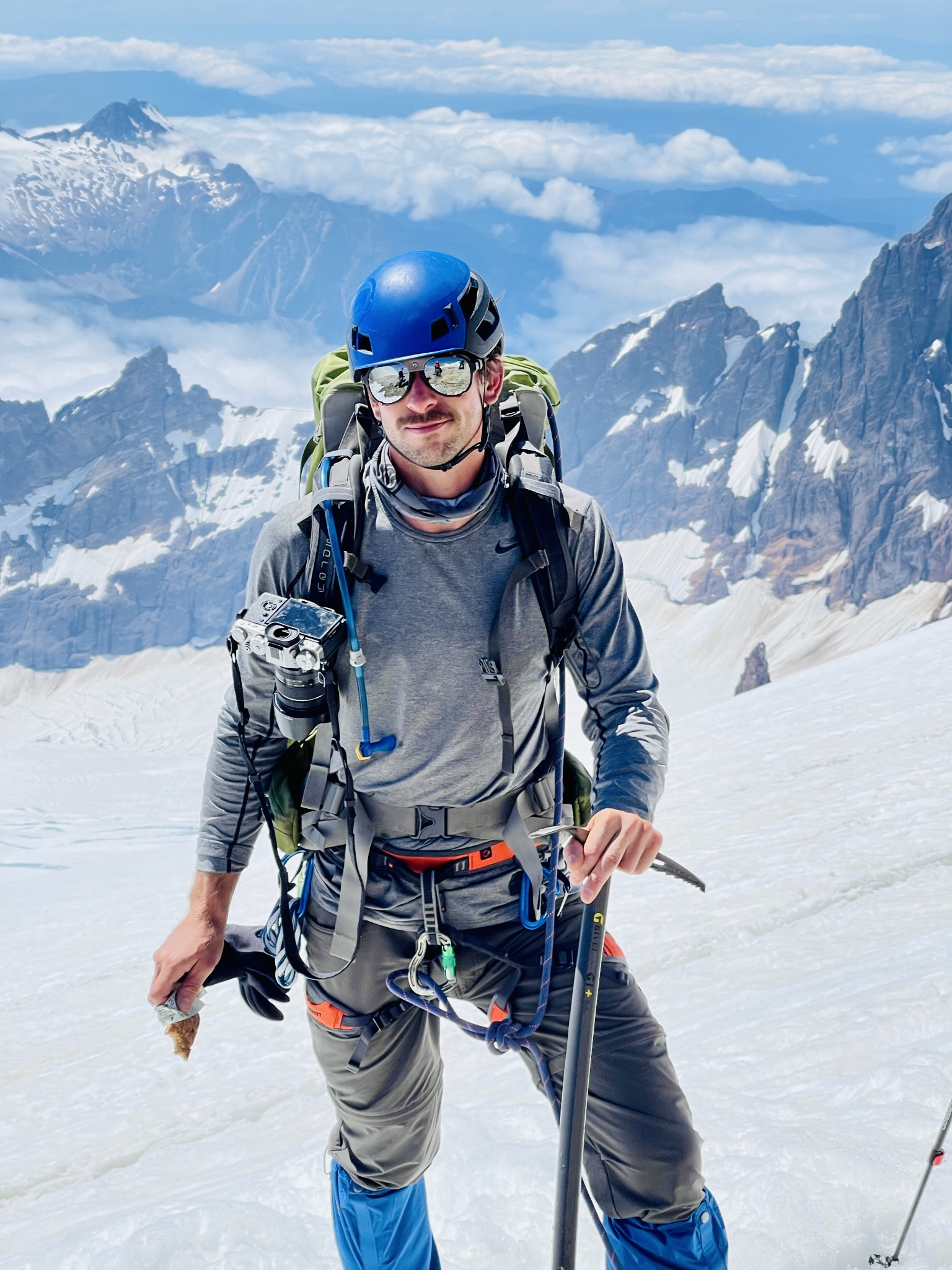We were lucky to catch up with Steven Meloney recently and have shared our conversation below.
Alright, Steven thanks for taking the time to share your stories and insights with us today. What do you think it takes to be successful?
In my experience, success hinges on two essential drivers: (1) a clear definition of what constitutes success, and (2) consistent and relevant action. In the context of music production, I frequently see artists struggle because their criteria for success are vague, leading to inconsistent and ineffective efforts. To solve this problem, I employ two tools: the SMART goal method and the Wheel of Action.
SMART goals are: Specific, Measurable, Attainable, Relevant, and Time-bound. For example, let’s say your goal is to write more music. It is hard to know when success has been achieved for this goal because it is poorly defined. Reframed to follow the SMART method, the goal becomes: “write 10 songs for my next album by September 1st.” It is specific—we know exactly what needs to happen. It is measurable—we need 10 songs. It is attainable—you can actually do it. It is relevant—you need to create music to record music. And finally, it is time-bound—we know when it must be completed. SMART goals help inform what actions need to be taken to achieve success.
Most creatives operate via a three-step process: inspiration → motivation → action. The problem with this is that you only create when you are inspired. Whether that means writing songs or recording music, you are at the mercy of something you can’t control: inspiration. To remedy this, we can employ the Wheel of Action. The Wheel of Action is similar to the creative process described above, except we recognize that action leads to inspiration. Instead of waiting to feel inspired, start by doing something. By taking action first, we fuel the creative process and generate momentum for further creative output. This simple idea can help us overcome procrastination and start achieving success more efficiently.
SMART goals that create well-defined success criteria, combined with an action-first-oriented plan of attack, greatly improve your chances of attaining success. I practice this model in my own music creation and in my business ventures. In the studio, this mindset is the foundation of every project I take on. I help artists get crystal clear about their goals and support them with a practical, action-oriented plan that turns goals into real success. Whether we’re producing a single, EP, album, or working on artist development, success comes from clarity and consistency—and that’s exactly what I deliver.


Steven, before we move on to more of these sorts of questions, can you take some time to bring our readers up to speed on you and what you do?
I’m Steven Meloney, a freelance recording engineer, music producer, and musician with 20 years of experience in the music industry. I specialize in mixing for rock, metal, alternative, indie, and singer-songwriter genres. I recently relocated to Boulder, Colorado, but retain strong ties in California’s Bay Area, where I built much of my career. In addition to mixing and mastering, I offer studio and remote recording services, as well as music production workshops in both locations.
My approach to music production is the result of a wide variety of unique experiences. As an engineer who is also a musician, educator, manager, business owner, live sound mixer, photographer, video editor, student, and mountain climber, I have developed the ability to maintain a big-picture perspective that aids in guiding projects through the creative process and yielding rock-solid results. I understand what it’s like to be an independent artist—to be an independent human being—trying to achieve a dream. This allows me to deliver not only great-sounding records, but also mentorship, creative partnership, and a commitment to helping each client reach their full potential.
My musical journey began at age 13 when I picked up a guitar and fell in love with the rock and metal of the ‘80s, ‘90s, and early 2000s. My first recordings were created with a cheap computer mic and software that could only record 60 seconds at a time. I would “mix” by physically moving the microphone closer to the instruments I wanted louder, and farther from the ones I wanted quieter. This early passion for music, recording, and artistic expression led me to earn a bachelor’s degree in Music Technology from Chico State University in 2013, and I’ve been producing music ever since.
Early in my career, I was lucky enough to be selected for a competitive internship at the famous Fantasy Studios in Berkeley, CA. My job mostly consisted of setting up and tearing down sessions, and keeping the ever-important coffee hot. In return, I had access to a wide variety of some of the most coveted professional recording equipment in the world, and was allowed to “play” after-hours. Later, I started working at PopSmear Studios under producer Scott Llamas, who at the time was the most played producer on Live 105’s Soundcheck—a radio show featuring local music. Scott became a mentor to me. He recorded and mixed my first two studio albums when I was in high school, and was kind enough to tolerate my incessant questioning about the recording process. As my musical journey led into college, I would do summer internships at PopSmear and eventually started working there—even renting the studio out for my own clients.
I was immersed in both the artistic and technical sides of music. As I continued to grow my own business, I worked at nearly every venue in my hometown of Napa, doing live sound mixing, stage managing, lighting, rigging, or other technical production tasks. I volunteered with several local music organizations and learned many of my early audio skills from my involvement with the Napa Musicians Performance Guild, The After-School of Rock, and Napa City Nights—the latter of which was co-founded by my father in 2007. I largely attribute my success today to the close community ties I developed over the years.
Early in 2016, my mother emailed me an intriguing job listing. The John Lennon Educational Tour Bus was looking for onboard engineers to live on a multi-million dollar mobile recording studio, and tour the country conducting music workshops for students. In August I moved my belongings into three small drawers and a bunk bed barely big enough for me to fit. My time traveling aboard the Lennon Bus was integral to who I am today. Throughout my time onboard, I produced roughly 600 musical projects, visited 35 states and 10 countries, led countless hands-on sessions with aspiring young creators, collaborated with legendary artists including Yoko Ono, Ringo Starr, Andy Grammer, Rza, Ronnie Spector, Bootsy Collins, Jeff Bridges, Elle King, Run DMC, and Third Eye Blind, and worked closely alongside numerous corporate sponsors such as Apple, Canon, Yamaha, Genelec, Focusrite, and Neutrik, on educational initiatives. Then COVID hit, and my touring days came to an abrupt and unexpected halt.
Near the end of 2020 the world was in full lockdown, and I started making improvements to my business—a new website, re-branding, and new marketing strategies. I started a blog about songwriting, recording, mixing, and artist development, and leveraged local connections to reach more potential clients. By 2023, I had partnered with a prestigious new studio in town, and grown my income by a factor of seven.
Meanwhile, I became ambitious about a hobby of mine: adventure. Since 2014, I had been spending an increasing amount of time backpacking, climbing, and mountaineering. If I wasn’t mixing a record, I was in the woods, pushing my limits on the next high peak. One day, a NASA astronaut recruitment ad came across my feed. I immediately thought: this is the ultimate adventure. To become eligible, I would need a master’s degree. In 2024, I moved to Boulder, CO, and started attending grad school for electrical engineering—a discipline that would further enhance my engineering skillset. It also offered me the opportunity to operate a lidar system—flying aboard a high-altitude jet and literally shooting laser beams into space.
Throughout all of my life experiences, music has been an ever-constant presence. I am just as passionate today about music as I was when I made that first recording at age 15. Some of my greatest joys are derived from helping artists bring their visions to life. My technical expertise, artistic vision, industry experience, and unique life events are all integral components that set me apart from other engineers and studios. I’m most proud of the relationships I’ve built with artists over the years. Whether I’m working with emerging talent or established names like Meghan Trainor or Papa Roach, I always aim to create a collaborative, empowering environment where great music can happen.
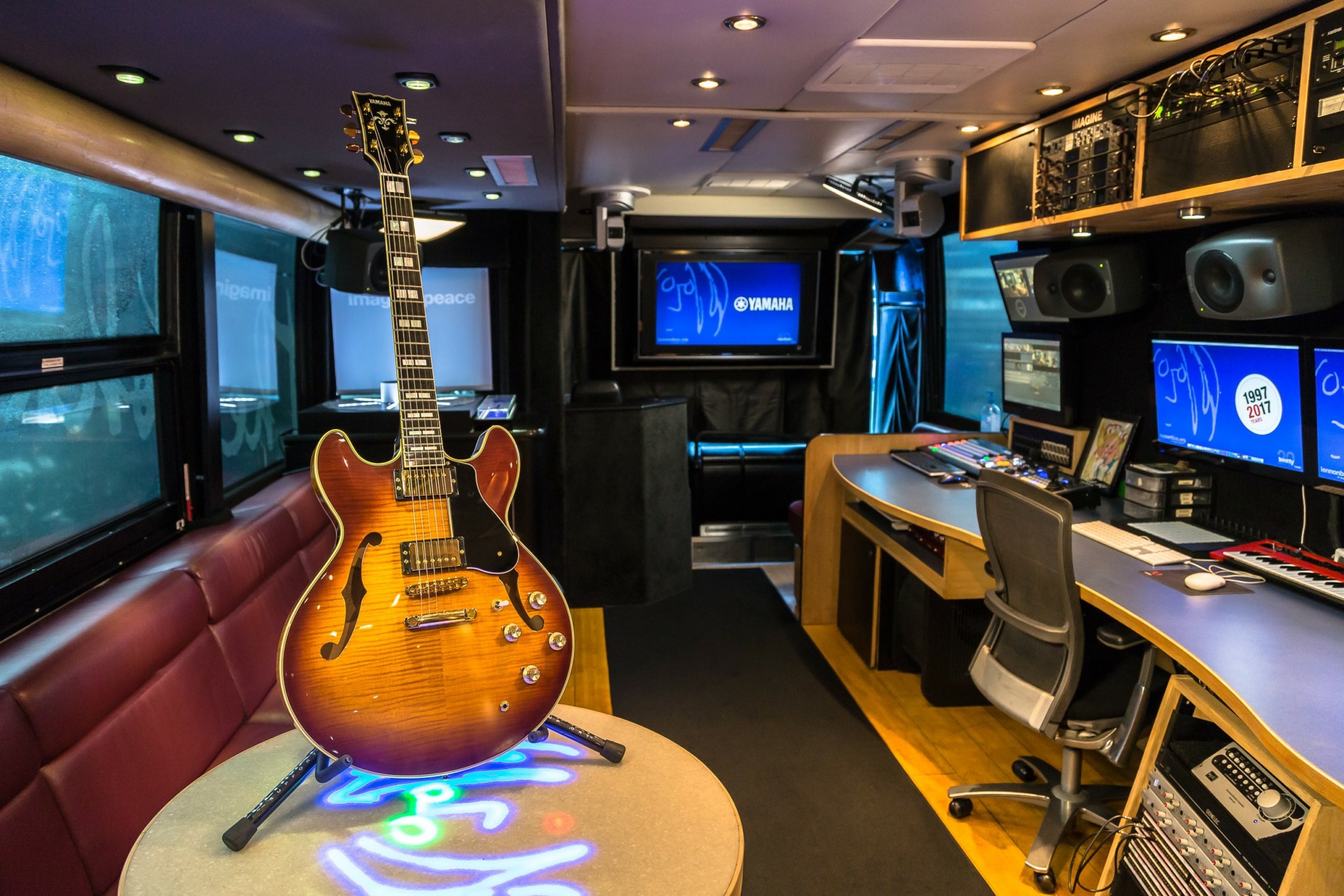

What do you think is the goal or mission that drives your creative journey?
The main goal that drives me in all my life’s endeavors is to follow my passions, take action to achieve my dreams, and inspire others to do the same. I believe we are all our best selves when we listen to our hearts and hone in on those things which we truly enjoy doing. For me, this manifests in creating music, and cultivating opportunities for new and exciting experiences.
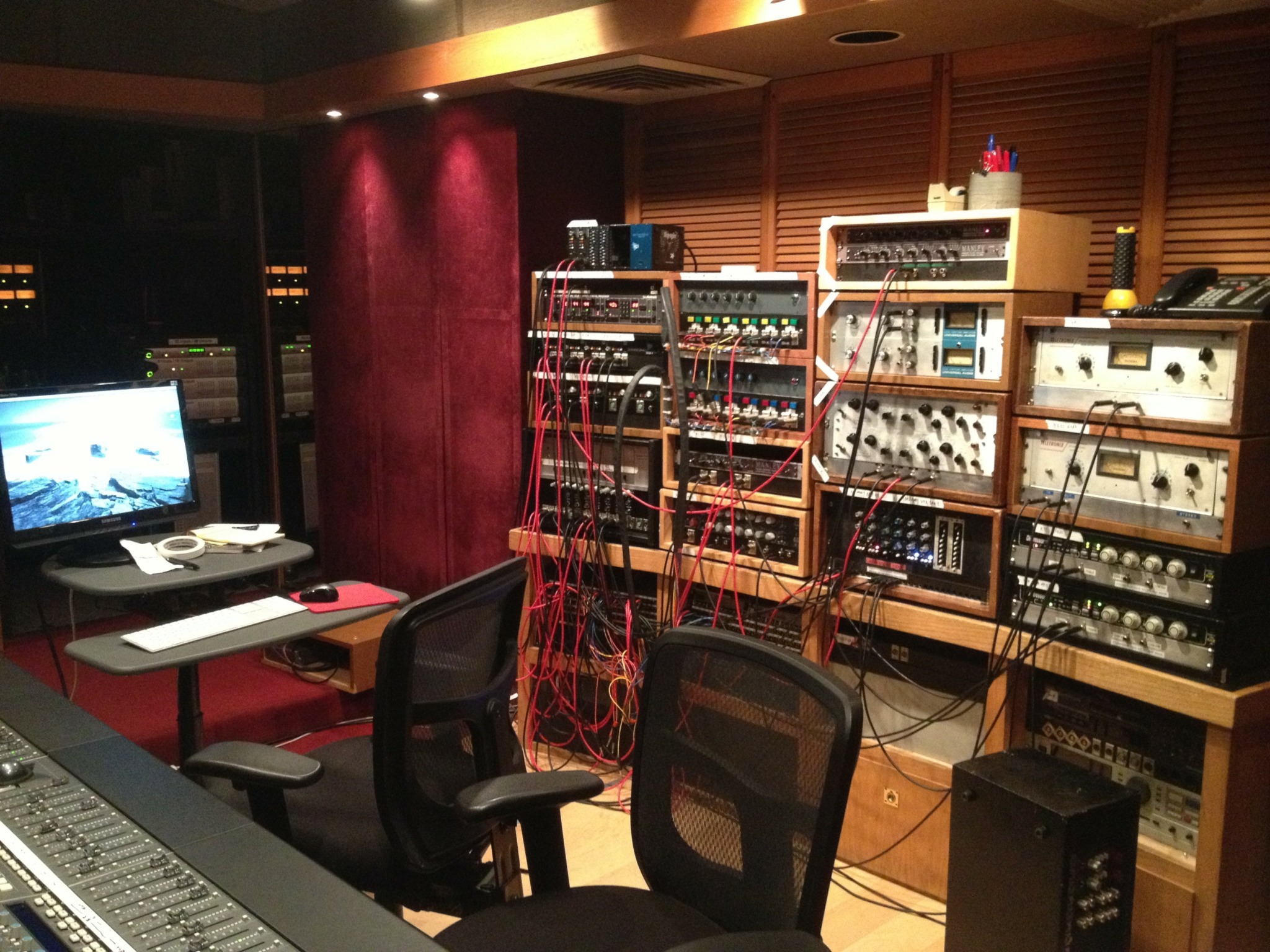
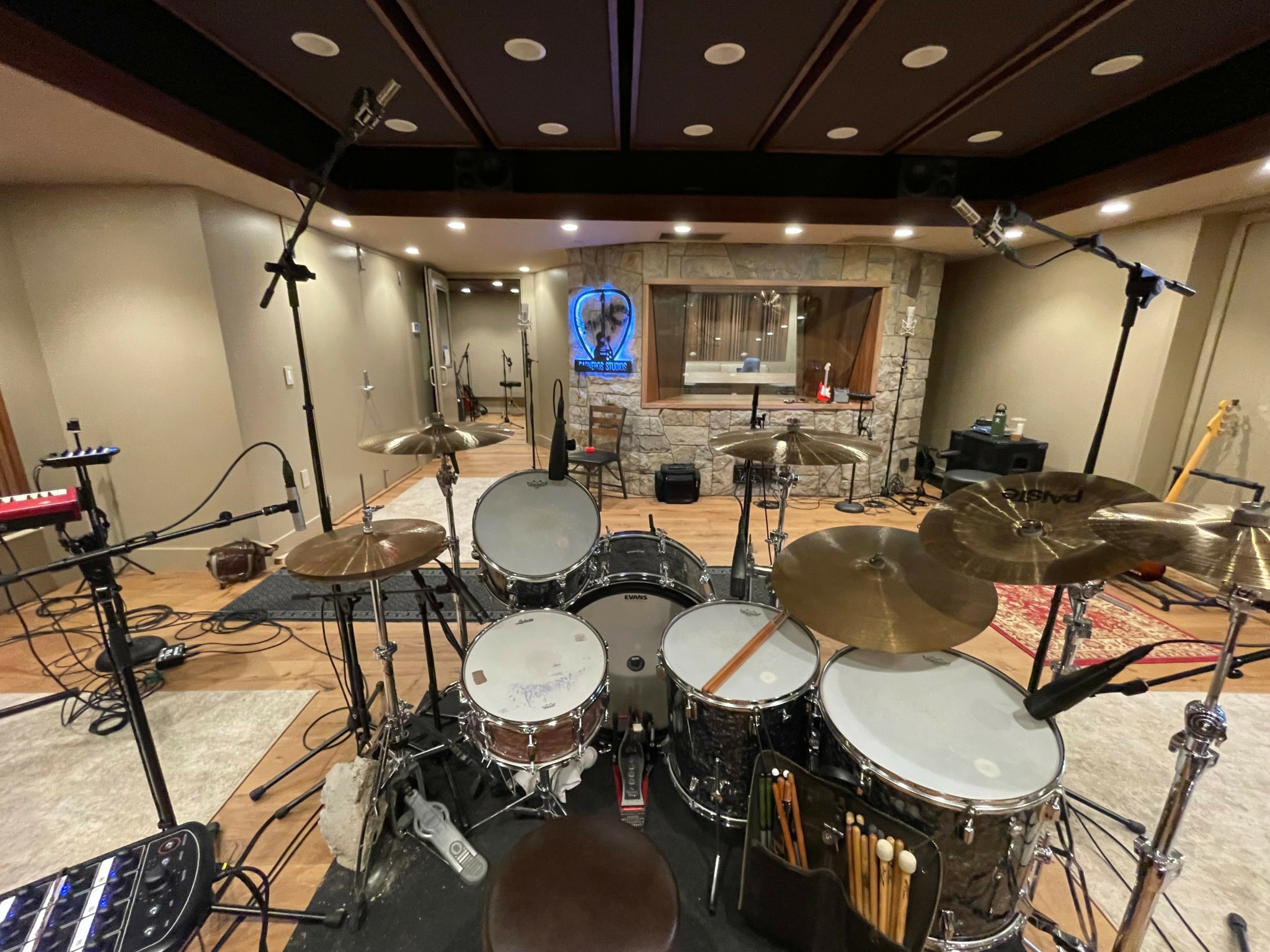
What’s a lesson you had to unlearn and what’s the backstory?
The recording process has diminishing returns. We have the most creative freedom during songwriting and arrangement. Recording hugely influences the record, but has no effect on the quality of the songwriting. A bad song recorded well is still a bad song. Mixing shapes the sound and vibe of the record, but cannot improve the recorded performance. A great mix of a poor performance is still going to yield a poor record. Mastering, while an important step in the recording process, affords us no control over the songwriting, recording, and mixing, which have all already been set in stone. The lesson here is to focus your efforts on those parts of the process which have the most influence over the record. Make sure the songwriting is great, the performance is polished, the recording and mixing are well-engineered, and the mastering is fantastic, in that order. As soon as I came to fully realize this, the quality of the records I produced improved greatly.
Contact Info:
- Website: https://www.stevenmeloneyrecording.com
- Instagram: https://www.instagram.com/stevenmeloneyrecording/
- Facebook: https://www.facebook.com/stevenmeloneyrecording
- Linkedin: https://www.linkedin.com/in/stevenmeloney/
- Other: https://www.soundbetter.com/profiles/619322-steven-meloney
